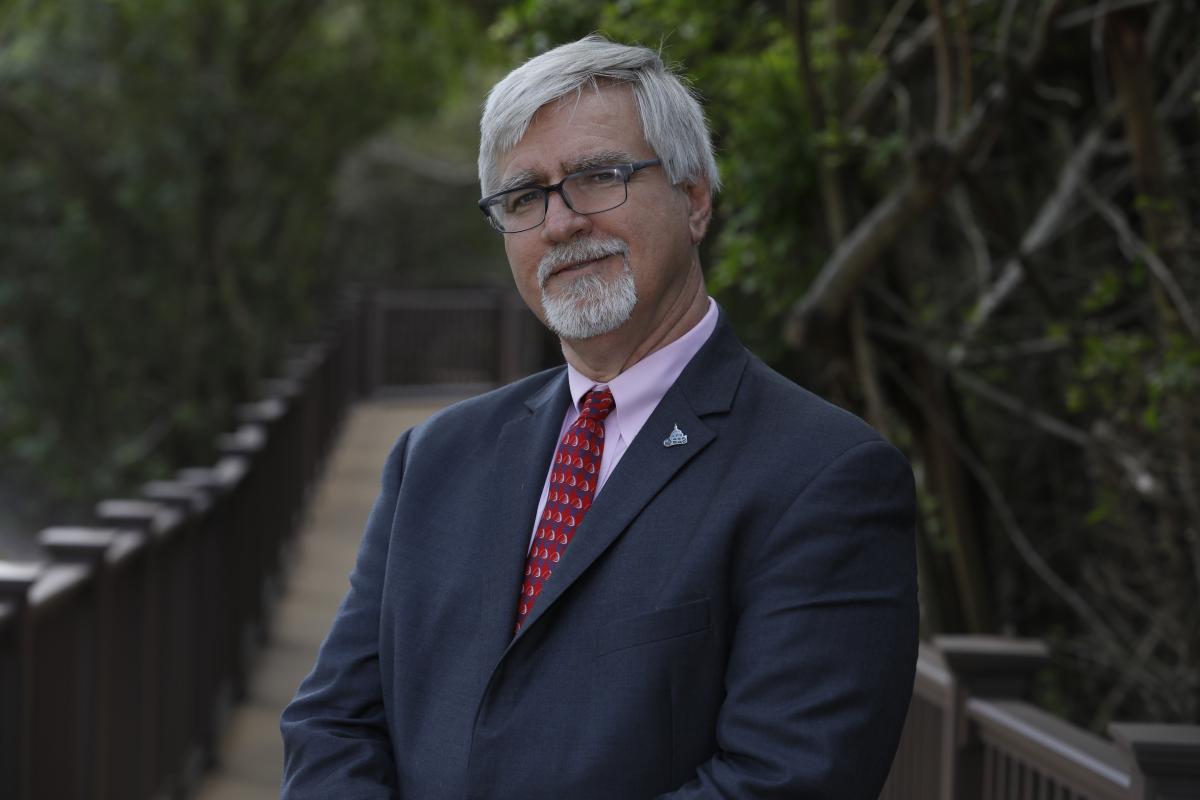A recent “news” post about a blog post finds some curious “faults” with the 401(k).
 The news item carried the provocative title “‘Rich Dad’ Robert Kiyosaki Reveals Why the 401(k) Is a ‘Horrible’ Retirement Plan.” It originally ran on GoBankingRates.com, but was subsequently picked up in syndication on Yahoo Finance (at least). For the uninitiated, Robert Kiyosaki is one of those “I’ll help you get rich the way I did” types, providing that road map via books (notably “Rich Dad, Poor Dad”) and seminars. He offers comparisons to decisions made by his dad (poor dad) in contrast to those of the father of his best friend (rich dad).
The news item carried the provocative title “‘Rich Dad’ Robert Kiyosaki Reveals Why the 401(k) Is a ‘Horrible’ Retirement Plan.” It originally ran on GoBankingRates.com, but was subsequently picked up in syndication on Yahoo Finance (at least). For the uninitiated, Robert Kiyosaki is one of those “I’ll help you get rich the way I did” types, providing that road map via books (notably “Rich Dad, Poor Dad”) and seminars. He offers comparisons to decisions made by his dad (poor dad) in contrast to those of the father of his best friend (rich dad).
Suffice it to say that his dad worked hard and saved the old-fashioned way—which is NOT his advice to you. That’s included previous pearls of wisdom like “Why Saving Money is the Wrong Way to Prepare for Retirement.” Apparently rather than saving for retirement, we’re supposed to “look for an investment that will pay for your desired standard of living. Make your money work for you, not the other way around.”
What could go wrong?
All that said, the author of the GoBankingRates article has apparently just stumbled across Rich Dad Robert Kiyosaki’s blog, from which they draw most of this nonsense. Those ideas are (apparently) not new—the blogs draw back to a blog post last updated in August 2023 titled “The 401(k): Robbing Your Retirement Plan for Over 40 Years.”
Now, according to the writer at GoBankingRate (and supported by posts on Rich Dad) Rich Dad’s[i] beefs with the 401(k) are the usual assortment touted by personal financial writers; high fees (more on that in a minute) and “low control.” On the latter point, such pundits always bemoan the limits of a 401(k) menu populated with fund offerings other than what they’d be glad to recommend (for a fee—Rich Dad has an affinity for real estate). He also doesn’t like the restrictions on withdrawals (including the penalties for early withdrawal)—and he’s bothered by the lack of insurance to insulate against a market crash.
Rich Dad also sees as a fault the fact that there are limits on how much you can put into a 401(k)—as though those limits preclude other investments. Oddly, he says that if you want to set aside more than that, you’ll have to pay taxes and penalties—which clearly suggests that he (or the GoBankingRate author who restated his position) hasn’t a clue how 401(k)s and those contribution limits actually work (and there’s nary a word about catch-up contributions).
He also doesn’t like the taxes you’ll (eventually) have to pay—oh, and he sees the employer match as “false security,” arguing that if your employer wasn’t providing the match they’d have to give you the same amount in pay (to compensate for the lack of the 401(k) offering). He also says you have no control over the funds from the employer match, by which one can only assume that he means we can’t invest those funds how he would suggest, since in my experience the investment of employer matching funds is routinely left to participant direction.
All that said, he puts forth assumptions about fees that seem wildly out of line with reality—or at least what industry surveys and anecdotal evidence of the real world suggest. In his world, mutual funds usually take 2%—that’s 200 basis points—of your investments. He at least infers that that is in addition to “transaction fees, legal fees and bookkeeping fees”—which in MY mutual fund world are all included in the fund’s fee structure—and still come in well below 2%.
Now, I’m not saying you couldn’t find a 401(k) out there that charges that much—my point would be that it wouldn’t be considered “the norm,” and to suggest otherwise is stretching a point, to put it mildly (Morningstar’s John Rekenthaler takes on this assertion quite handily here. He also makes several valid points about the state of financial journalism today, which are well worth bearing in mind given the circulation of pieces like this).
Not that Kiyosaki is totally opposed to 401(k)s. In fact, he comments that “being forced into a 401(k) probably isn’t a bad thing for most people” … and goes on to note “because most people have little-to-no financial education and wouldn’t know what to do with the extra[ii] money other than save it or spend it.”
Everybody else? Well, I guess they’re spending it on a Rich Dad, Poor Dad seminar. Now there’s a horrible retirement “plan.”

